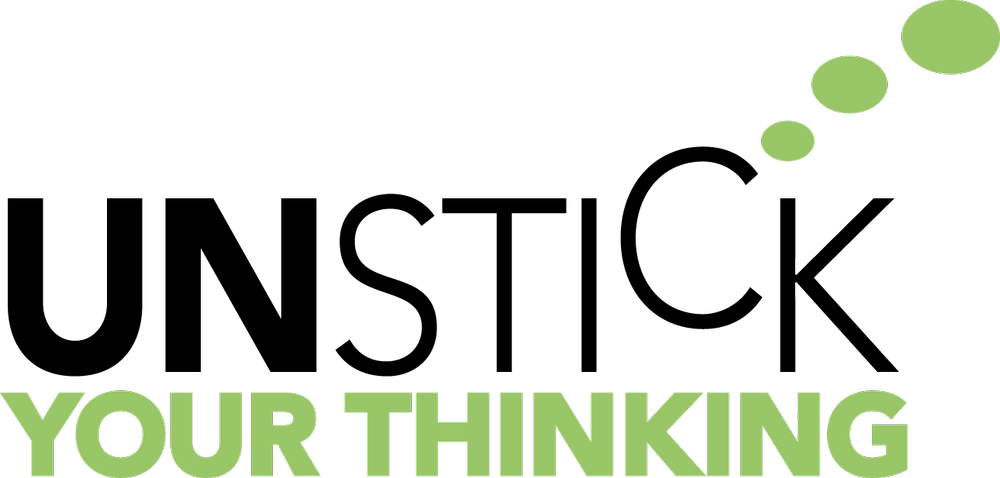Startups are constantly pitching. Your goal is to equip and inspire each audience to say yes to your ASK. When you convey the essential topics clearly and concisely, you equip an audience to say yes. When you weave in a compelling human story, you inspire them to say yes.
This 2-hour workshop shows you how (and why) to build your own Value Story: 14 essential topics told in an engaging way. This training is especially useful for STEM professionals and young entrepreneurs who are less than comfortable in the communications realm.
Learn by being an audience! Watch an actual prize-winning pitch and comment on what you heard, and didn’t hear. Then see how a pitch with big gaps and fuzzy messages transforms when a few simple tools are applied to the content. Apply these tools to your own content when preparing for your next pitch: all students are given access to a private Tools page with details and examples.
Takeaways
A framework for translating your business to a clear, concise and compelling story that convey’s its value.
A 14–topic checklist to help you ensure your story is complete. (It also acts as a guide to the 16 core slides in a pitch deck.)
The types of ASKs in the startup realm and how to right-size an ASK to the audience and situation for each pitch.
Tips on how to engage an audience when telling Value Story.
Startups spend a lot of time building and rebuilding their decks! You can avoid wasted time if you understand what audiences want (and don’t want) in a deck. Build it right the first time!
This 2-hour workshop shows you how to express your Value Story as succinct slides. Building a “Core Pitch Deck” will be a huge time-saver: a single source of ready-to-go slides (text and visuals) that can be customized for each audience/ASK.
Learn by being an audience! See how the deck of a real-life startup goes from good to great as a few best practices are applied. Pinpoint the issues with your current deck and immediately get tips to fix them. All students are given access to a private Tools page with details and examples so you can dig into the work anytime.
Takeaways
A 14–topic checklist to help you ensure your pitch is complete.
Tips for dealing with specific problems e.g. too much text, visual clutter, the flow between slides, etc.
Telling a story vs. conveying information is a shift in attitude achieved through eye contact, voice and body language. Of course, getting comfortable on stage or onscreen takes practice however there are simple things you can do right now to improve.
This 2-hour workshop gets you practicing various techniques to connect with your audience, amplify the meaning of your messages and get more comfortable talking in front of people. Pitching online is the reality now so it’s important to use the screen as your stage, and connect with audiences who can easily switch off.
Inge’s experience with improv (she performs online every week) and storytelling inform her coaching on delivery.
Takeaways
Tips for dealing with specific challenges e.g. remembering messages, sounding like you’re telling a story vs. reciting a script, achieving natural looking body language, etc.
The tough part of pitching is getting used to people watching you and evaluating you. Nerves are totally understandable.
This 90-minute workshop gives you fun ways to get accustomed to being in the spotlight with up to 11 other people (invite your friends) to keep you company and make it fun. It teaches you to recover quickly from small mistakes, to redefine “failure”' and to get past barriers like using a bigger voice or body language.




